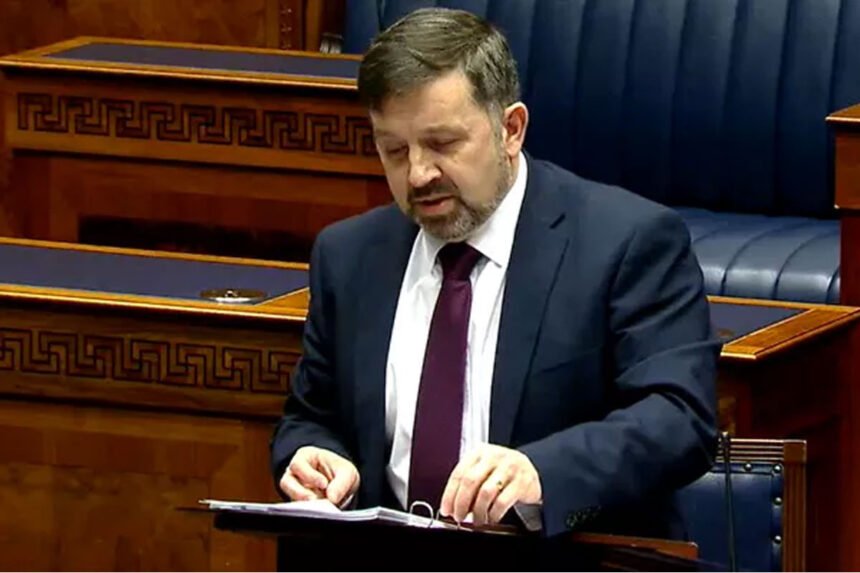The Northern Ireland Assembly has taken a significant step towards a healthier future by endorsing a legislative consent motion (LCM) to integrate Northern Ireland into the UK’s Tobacco and Vapes Bill. This bill, a cornerstone of the UK government’s initiative to create a “smoke-free generation,” aims to phase out the sale of cigarettes and restrict the accessibility of vaping products among young people.
Key Provisions of the Tobacco and Vapes Bill
The Tobacco and Vapes Bill proposes groundbreaking measures, notably making it illegal to sell tobacco products to individuals born on or after January 1, 2009, once they turn 18. This bold move seeks to prevent the next generation from ever starting to smoke, thereby reducing the prevalence of smoking-related illnesses and deaths. Additionally, the bill includes regulatory powers to impose future restrictions on vape flavours, packaging, and point-of-sale displays, addressing growing concerns about the appeal of vaping to young people.
Health and Economic Implications
Northern Ireland’s Health Minister Robin Swann has been a vocal advocate for the bill, highlighting the severe health and economic impacts of smoking. Smoking is the leading cause of preventable illness and premature death in Northern Ireland, with over 2,000 fatalities annually attributed to smoking-related conditions. The financial burden on the healthcare system is equally staggering, costing the NHS in Northern Ireland more than £200 million each year.
Minister Swann has dismissed criticisms of the bill as “nanny statism” and an infringement on personal freedom, arguing that smoking is less about choice and more about addiction. “Sadly, smoking has little to do with personal choice. It results from an addiction to nicotine that usually starts at a young age and it is an addiction that is notoriously hard to overcome,” he stated. The bill, he argues, is a preventive measure that will save money and lives by reducing the incidence of smoking-related diseases.
Political and Legislative Challenges
Despite its public health rationale, the Tobacco and Vapes Bill faces significant political hurdles. Several prominent Tory figures have opposed the bill, and the Democratic Unionist Party (DUP) voted against it in the Commons. DUP assembly member Diane Dodds emphasized the importance of being part of the UK-wide legislation but acknowledged that the bill, as drafted, presents challenges. Her party plans to work towards improving the legislation, particularly in light of concerns about its potential conflict with post-Brexit trade rules under the Windsor Framework.
Traditional Unionist Voice (TUV) leader Jim Allister echoed these concerns, pointing out that similar laws in the Republic of Ireland and Denmark were hindered by EU regulations. The Irish government, for instance, is considering a ban on tobacco sales to those under 21 instead. Mr. Allister questioned the feasibility of the bill given these precedents, but Minister Swann assured that the UK government has confirmed no such barriers exist under the Windsor Framework.
Moving Forward
As the Tobacco and Vapes Bill progresses through Parliament, it will undoubtedly face further scrutiny and debate. However, the bill’s endorsement by the Northern Ireland Assembly marks a critical step towards a smoke-free future. The legislation’s success will depend on navigating political opposition and ensuring that regulatory measures are effectively implemented to safeguard public health without unnecessary trade complications.
